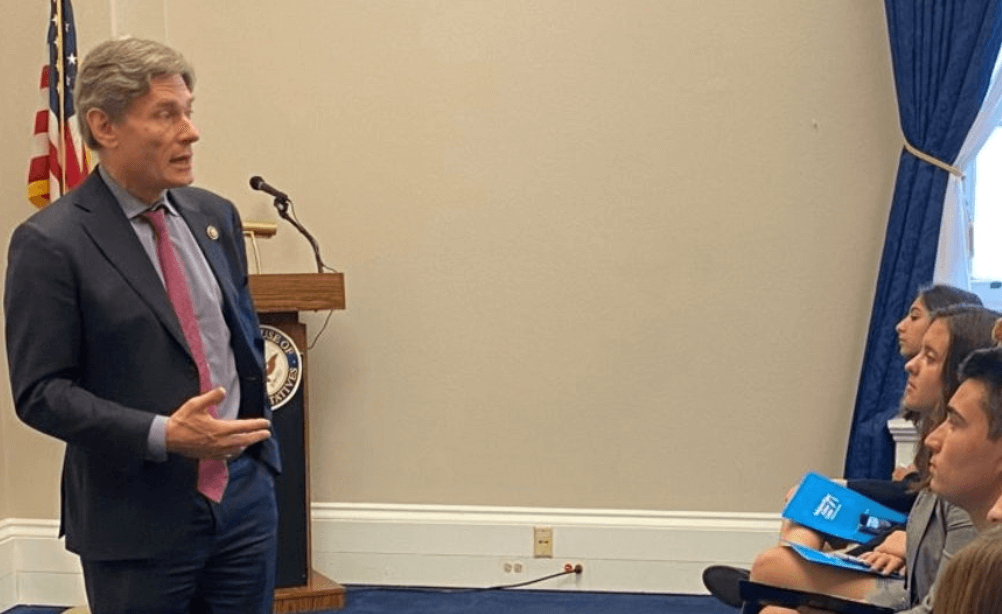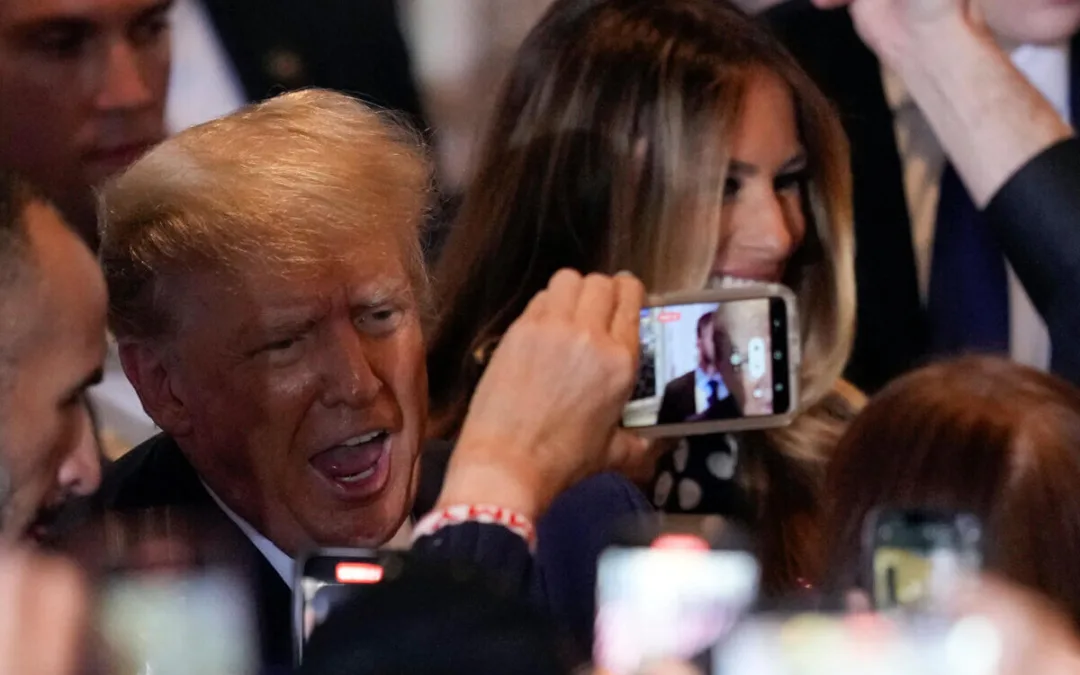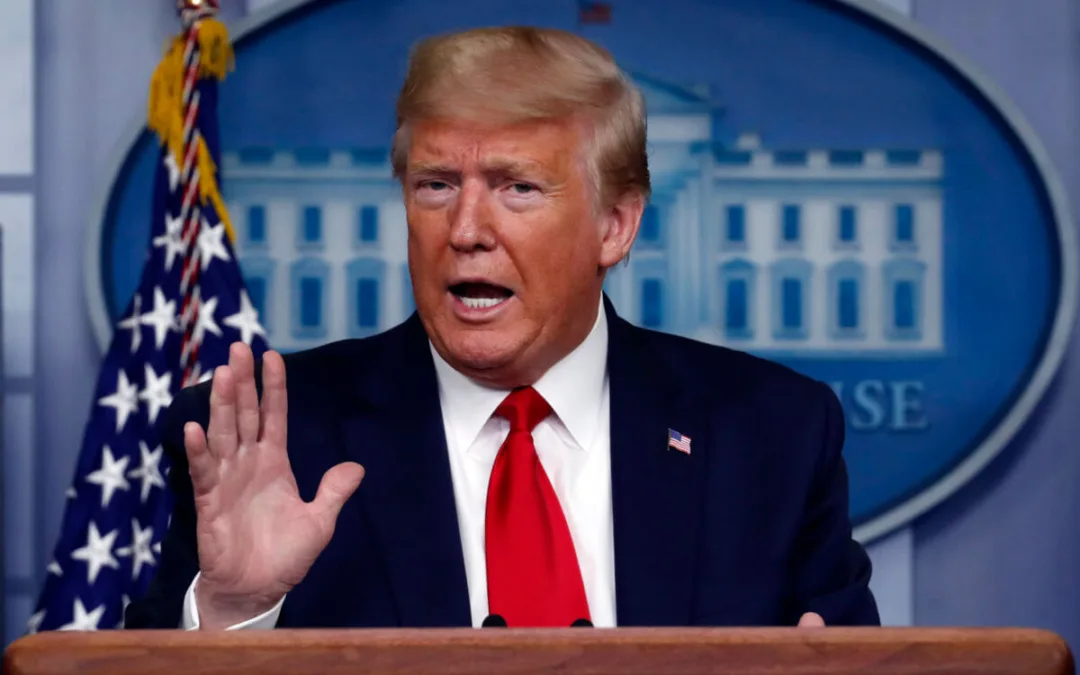
Freshman Rep. Tom Malinowski talks about how he’s worked across the aisle to get things done, with sneakers and “ties of shame.”
COURIER is sitting down with freshman members of Congress to get their take on what their first year was like, what they wish they knew when they started, and what surprised them most.
When it comes to advancing legislation through Congress, freshman members lack some of the most obvious institutional privileges that a more senior member might have, according to the Center for Effective Lawmaking, a joint research institution between Vanderbilt University and the University of Virginia. “They’re really learning on the job in terms of what it means to be a lawmaker,” said Alan Wiseman, the organization’s co-director.
That came as no surprise to Rep. Tom Malinowski (D-N.J.), a freshman lawmaker who represents New Jersey’s 7th District, which includes all of Hunterdon County and other northwestern portions of the state. Republicans carried the district since 1981, until Malinowski unseated GOP incumbent Leonard Lance in 2018.
In just a little over his first year, Malinowski has sponsored 20 pieces of legislation. Two of those measures have passed the full House. If he keeps pace, he’ll conclude his first term with top marks for a first-time lawmaker. (For comparison, freshmen of the majority party of the past two Congresses — Republicans — introduced an average of 13 bills throughout the entire two years of their first terms.)
This interview has been lightly edited and condensed for clarity. Sentences in italics provide additional context.
Courier: You’re off to a quick start for a freshman House member — how do you approach policy making?
Tom Malinowski: I’m interested in getting things done, as hard as that is in our divided government political situation. There are big, national issues that I throw myself into. I also promise to work on things like getting infrastructure for things we need in New Jersey, like a new Hudson River tunnel and other transit and highway infrastructure. That’s something that can be done even in this political situation, and we’re doing it.
I feel like at the end of my two years, I owe my constituents some results. So that’s been our mindset. I came into the job more experienced than most freshman members … and we were able to hit the ground running as a result.
Your background is in government, but not necessarily in lawmaking, directly, is that right? How has that experience informed your strategy?
Not directly, but I’ve been an advocate for many, many years. I feel like I’ve helped pass more legislation before coming here than most members of Congress pass when they’re here. Emphasis on “help” because nobody ever does anything single here, right? This is a team sport. So feel like I came here knowing what it takes to get those rare legislative wins.
Sometimes it requires not taking credit for something and working in a team to move legislation forward that does a lot of things for a lot of people.
One of my big successes this year was not a bill … it was a provision in the budget that we just passed restoring the Trump cut from the Department of Homeland security’s domestic terrorism prevention programs. We didn’t pass a Malinowski bill to do that, but I led an effort to press our leadership to get that in the budget and we were successful.
Divided politics — it’s not going to stop me from trying, anyway, and laying the groundwork for success in two or three years.
Once you’ve conceived a policy solution, what are your first steps in building momentum or consensus around that agenda?
First you need a coalition. You need allies who are gonna push with you, both other members of Congress and folks outside of this institution who will be advocating on your behalf.
And then you need a sense of timing. There’s a right time and a wrong time for everything, especially when there’s so many competing priorities.
How critical is bipartisanship and reaching across the aisle to getting work done in, as you called it, “our divided government political situation.”
I can pass anything I want in the House without a single Republican vote. I can’t enact a bill without bipartisan support for acquiescence in the Senate.
… You know, Republican members of the House are under considerable pressure not to help us. Right? That’s unfortunately what has happened in this institution.
There was a time when members of Congress were at least as loyal to the institution of Congress as they were to their parties … So partisanship has made it harder, but I still find that most of the stuff that we do, particularly in the foreign policy and national security realm, we can find Republican partners.
What’s a day in the life of a Congressman like for you? I assume, at least, you’re getting your steps in?
Yes and one of the best decisions I’ve made was to start wearing sneakers. I like that about the job — we’re always on the move. I’m walking or running all day long. It’s always interesting. The difficulty is that our schedule does make it hard to focus on any one thing for more than 15 minutes, and to have that quality time with other members to talk through difficult issues and decide what we want to do together.
I’m very much in favor of proposed reforms to Congress that would result in members spending the occasional weekends in Washington rather than going home every single weekend, so that there is more time for members to get to know each other and to think through what we should be doing legislatively and how to get there.
And then of course, the fundraising. As every member will tell you, it’s a drain on time that should be spent serving our constituents …
Is there any solution to the fundraising issue?
Absolutely. It’s one of the reasons many of us decided our first bill here would be the anti-corruption bill, H.R. 1, which among other things, would create a public financing system, a public match for small dollar contributions. That would enable us to fund the campaigns more effectively with grassroots contributions that don’t require sitting in a little room making calls to wealthy donors as much as we do.
if you could go back in time to just before you were sworn into Congress and give yourself one piece of advice headed into your new job, what would you say?
Uh [sighs]. Oh gosh. I kind of knew what I was getting into. Get those sneakers sooner, maybe. But I’m happy with the choices I made …
Do members of Congress ever run into any trouble with the dress code?
Absolutely. Well on the floor, you do. I once walked down to the floor without a tie. Inadvertently I just had forgotten that I wasn’t wearing a tie. It took our fashion police about three seconds to find me, escort me off the floor, and gives me one of the ties of shame that they keep in a little drawer, just off the floor, for bad boys who –
Forgot their ties?
[laughter]
If it’s any consolation, one time the Senate Periodicals Gallery booted me from the Capitol for not wearing a tie, too.
You should be ashamed of yourself.
I know.
You can wear a BOLO tie if you’re from the West — I know that.
… Looking ahead, what’s your priority for this year?
Number one priority is infrastructure. We need to build things in America. Our infrastructure is crumbling. We need to show Americans that the government can work for them. And New Jersey in particular needs to see movement on the Hudson River Tunnel and other parts of our gateway project …
Thank you for your time, congressman.
Thank you.
Politics

Teamsters and UPS Reach Tentative Deal to Avoid Strike, 340,000 Workers to Get Raises
The tentative deal represents a huge win for full- and part-time UPS Teamster workers, who would get significant pay raises and better working...



One Republican Senator Is Blocking 265 Military Promotions, Leaving the Marines Without a Confirmed Leader
Sen. Tommy Tuberville's decision means these military officers are not getting the pay raises they’re owed, cannot move their families to wherever...
Local News



Teamsters and UPS Reach Tentative Deal to Avoid Strike, 340,000 Workers to Get Raises
The tentative deal represents a huge win for full- and part-time UPS Teamster workers, who would get significant pay raises and better working...



One Republican Senator Is Blocking 265 Military Promotions, Leaving the Marines Without a Confirmed Leader
Sen. Tommy Tuberville's decision means these military officers are not getting the pay raises they’re owed, cannot move their families to wherever...




